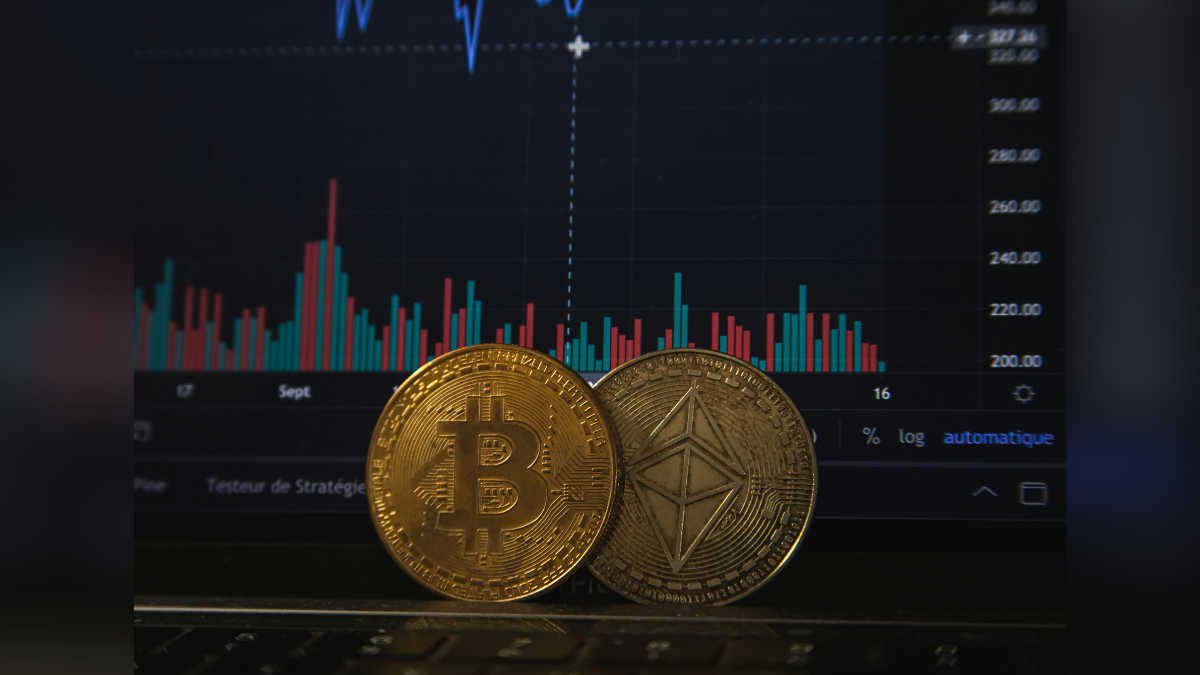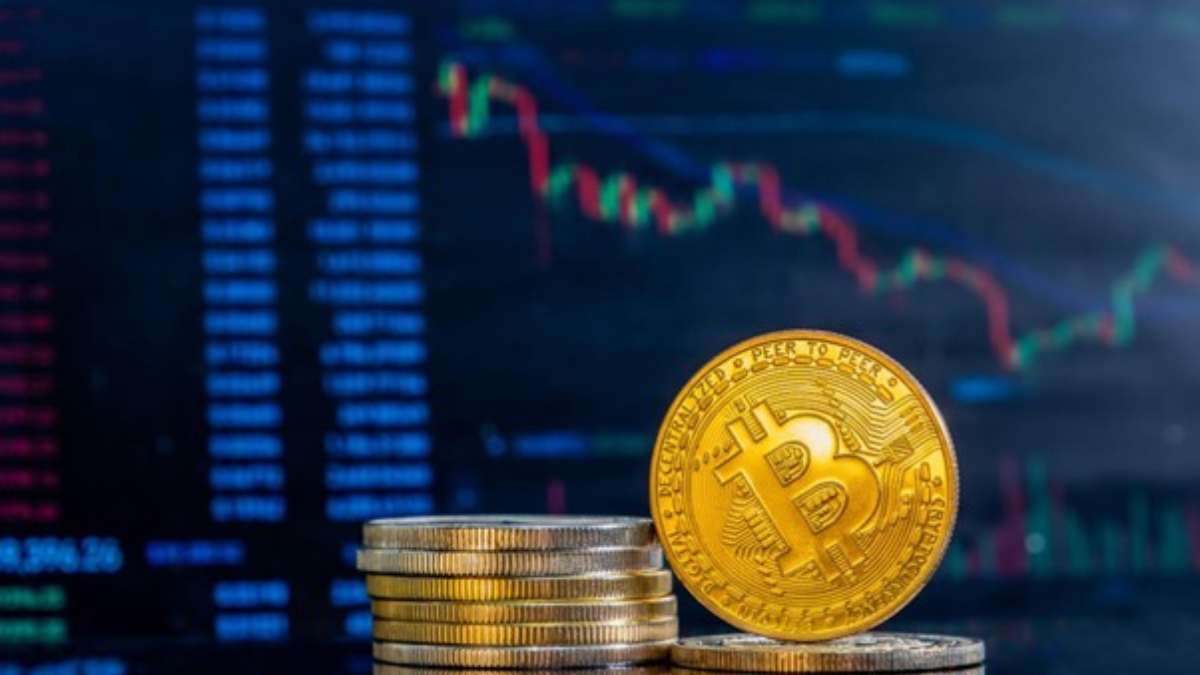Influencers Are the New Marketing Machines (and Brands Know It)!

Nov. 17 2025, Published 1:40 a.m. ET
Influencers are at the center of modern marketing. Their reach, speed, and ability to connect with the audience give them an edge that traditional ads can't have. Brands see the results: better engagement, faster sales, and visibility.
Influencer Deals Have Become Smart Brand Marketing Moves
Brands now recognize that influencers can reach people in a way that traditional ads can't. Their followers listen to them because they trust them, and their trust translates into sales. A short video or photo can accomplish more than any billboard or TV spot ever could.
When an influencer speaks about a product they actually use, it feels genuine to them, and their audience responds to that. Companies have focused on genuine partnerships, rather than trying to reach influencers with the largest following.
A good example of that is fitness trainer Kayla Itsines and her partnership with Lululemon. She wore their clothes in her live workouts and daily routines. Viewers saw the gear in action and wanted it for themselves. That approach brought Lululemon new customers without any need for the flashy slogans or forced messaging.
Influencer marketing also plays a huge role in online entertainment. Celebrities promote various products on their social media accounts, from fashion and cosmetics to digital services. For instance, the growth of non Gamstop casinos in 2025 proves how strong this influence can be. In the context of games of skill and luck, Drake is an interesting example of a celebrity who has helped push iGaming into the mainstream by showing how real gameplay, quick payouts, and easy access work.
Another good example is travel vlogger Louis Cole, who collaborated with Airbnb. He didn't advertise; he told stories. By filming his travels around the world, he demonstrated what the brand stood for: adventure and connection. That simplicity of authenticity made people want to try it themselves.
The Numbers That Prove Influencers Drive Real Results
For every dollar spent on influencer deals, brands often receive five or six dollars in return (Source: Wobb). That's because the audience isn't random; it's already interested. A skincare brand that has a beauty blogger, for instance, reaches individuals who are interested in skincare.
Engagement is another sector in which influencers excel. Posts from creators receive much more likes, comments, and shares than normal brand content. The reason is simple: these people are perceived as relatable by their followers.
Influencer work also creates a sense of long-term loyalty. Thousands of shoppers report making purchases based on the recommendations of influencers. That number keeps rising. In crowded industries where every brand is fighting for attention, trust is of the utmost importance.
Real Challenges Behind Influencer Deals
Securing influencer partnerships effectively requires more than just selecting someone with a large following. If the link between the brand and the creator comes off as false, people don't trust them for long. That kind of slip doesn't just reflect poorly on the influencer, but the brand, too.
There are rules, too. Sponsored posts should have a clear tag, like #ad or #sponsored, attached to them. Hiding that connection is simply dishonest. On top of that, influencers don't want to be told exactly what to say. When a brand tries to dictate all the details, the outcome is often not good. The strongest posts are those that convey a genuine sense of opinion, rather than scripted content.
Smaller Creators Are Often the Better Choice

You don't need a huge audience to make an impact. Micro-influencers are those with loyal but smaller followings, and they often yield better results. Their posts are more personal, and their followers trust them. That trust can be more important than reach, particularly for brands seeking to connect with specific target groups of people.
For smaller brands, these kinds of partnerships are often a more strategic choice. They are more affordable than big celebrity deals and typically garner better engagement. On top of that, social media platforms are now putting more focus on niche content than ever. These smaller creators bring new ideas to the table and help the brand avoid being lost in a sea of bland, polished posts.
The information provided in this article is for general informational purposes only. Gamble or play responsibly. If you or someone you know has a gambling problem, help is available. Call 1-800-GAMBLER. If you’re in the U.K. and need help with a gambling problem, call the National Gambling Helpline on 0808 8020 133 or go to gamstop.co.uk to be excluded from all UK-regulated gambling websites. We disclaim any liability for any loss or damage arising directly or indirectly from the use of, or reliance on, the information presented.


